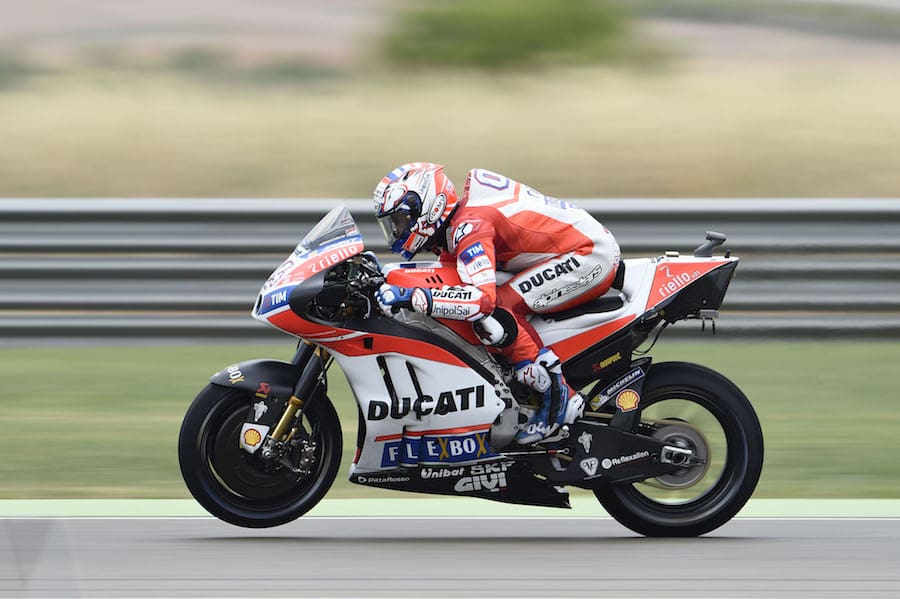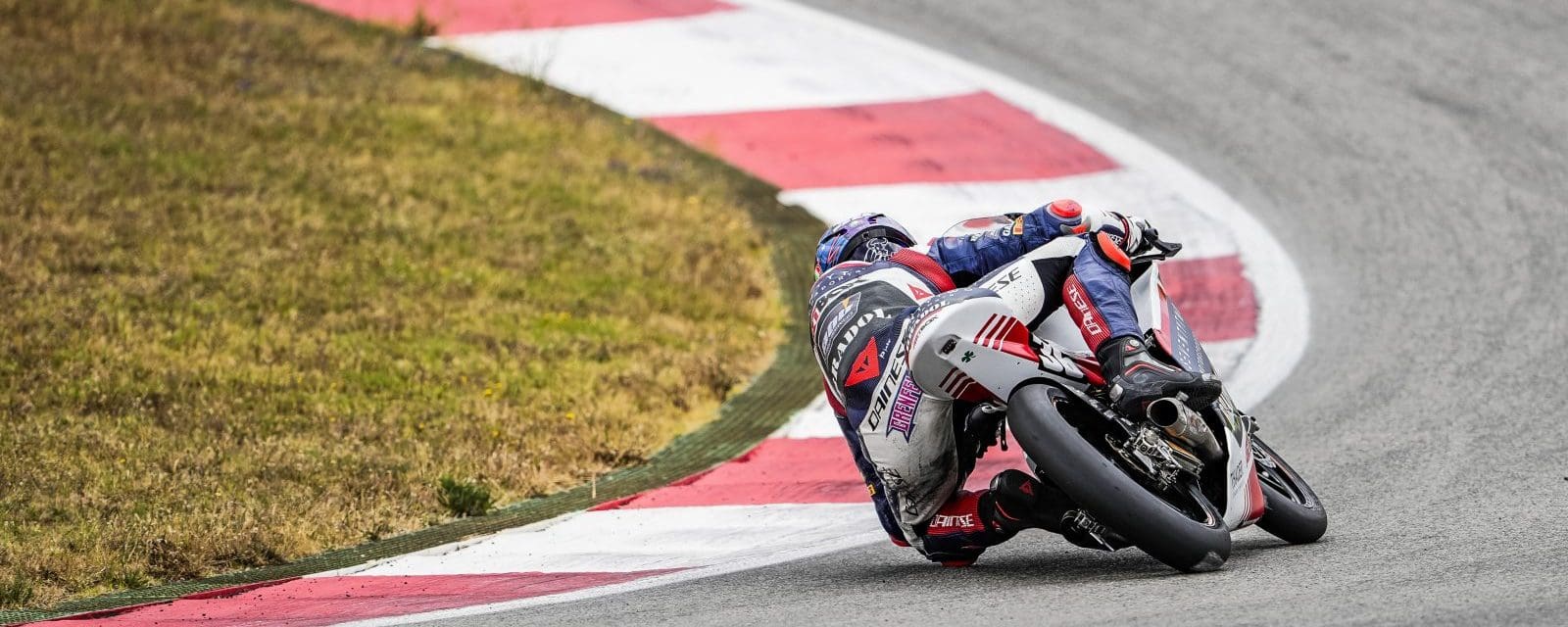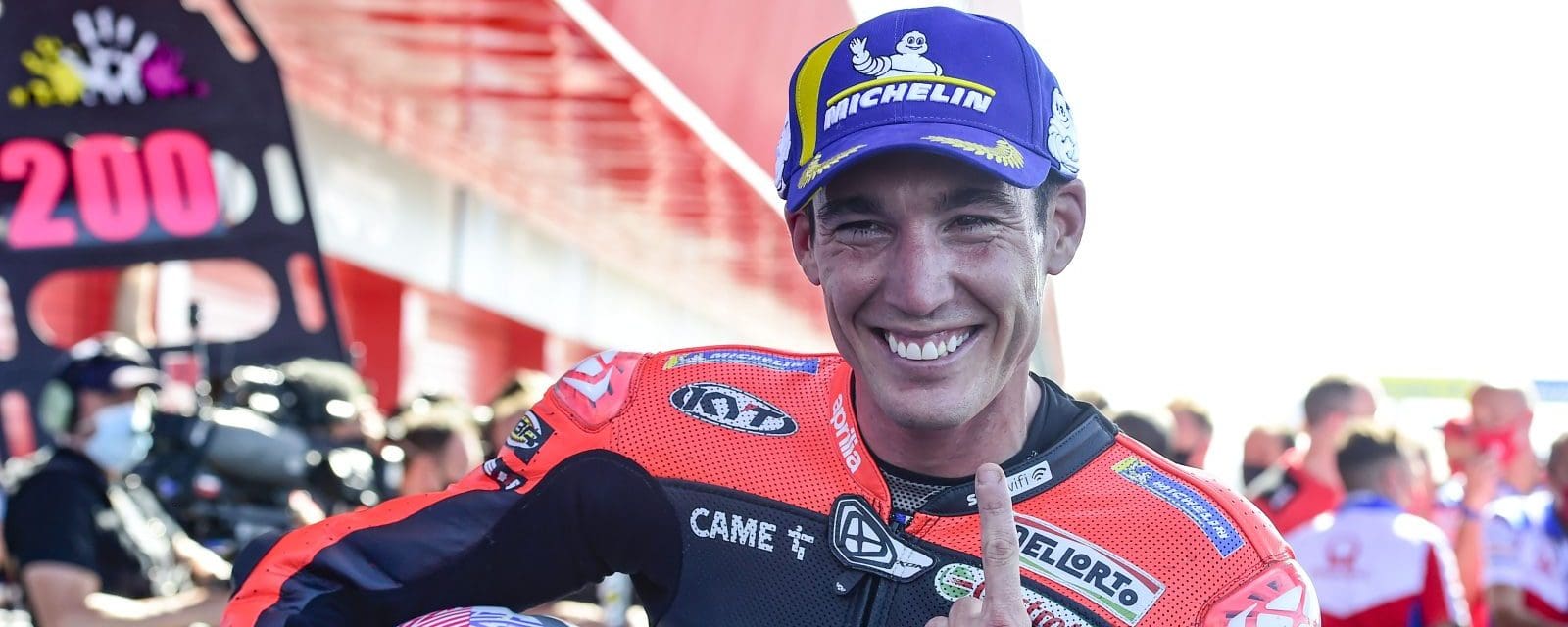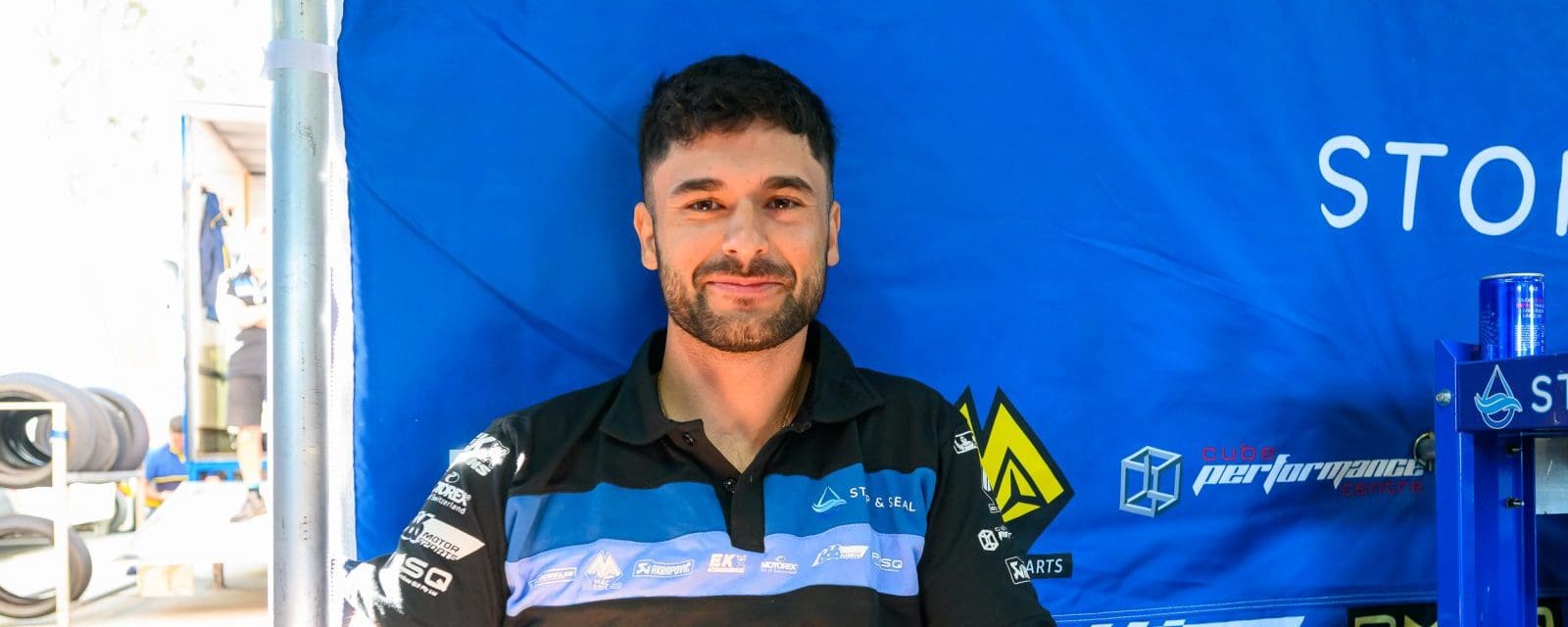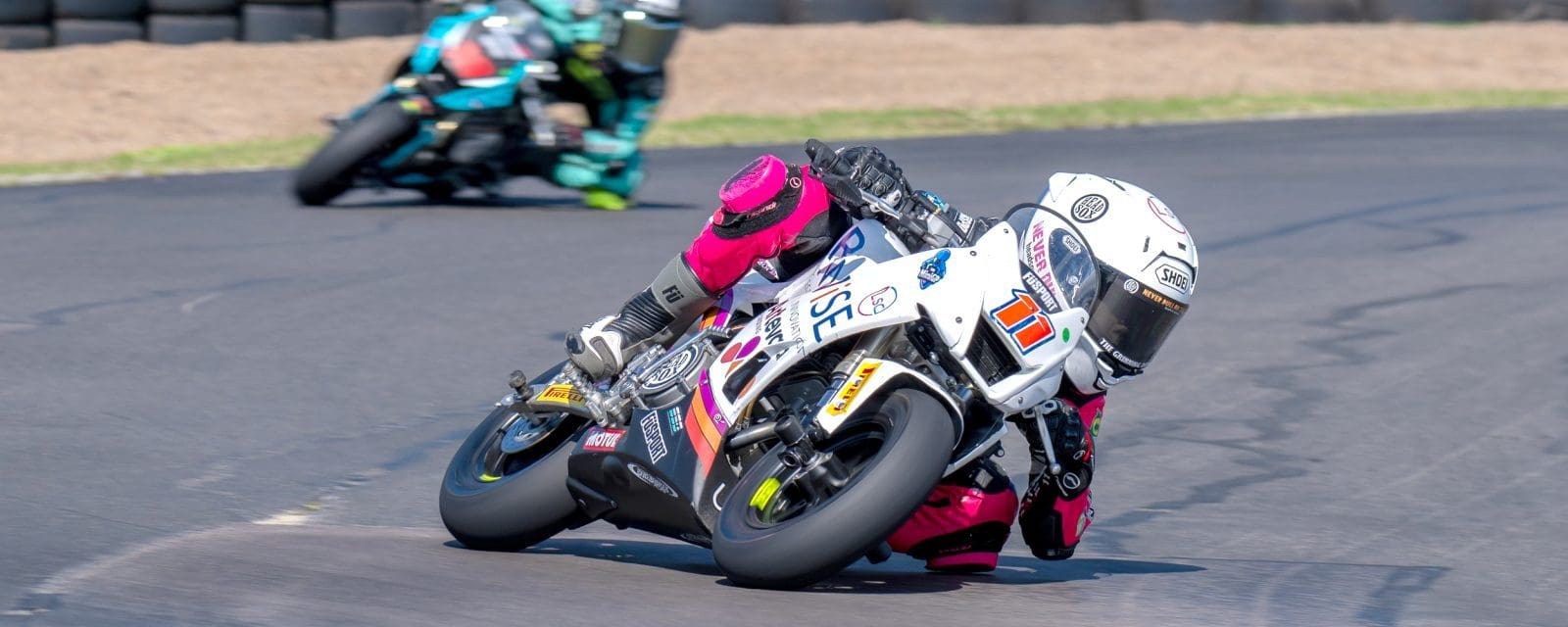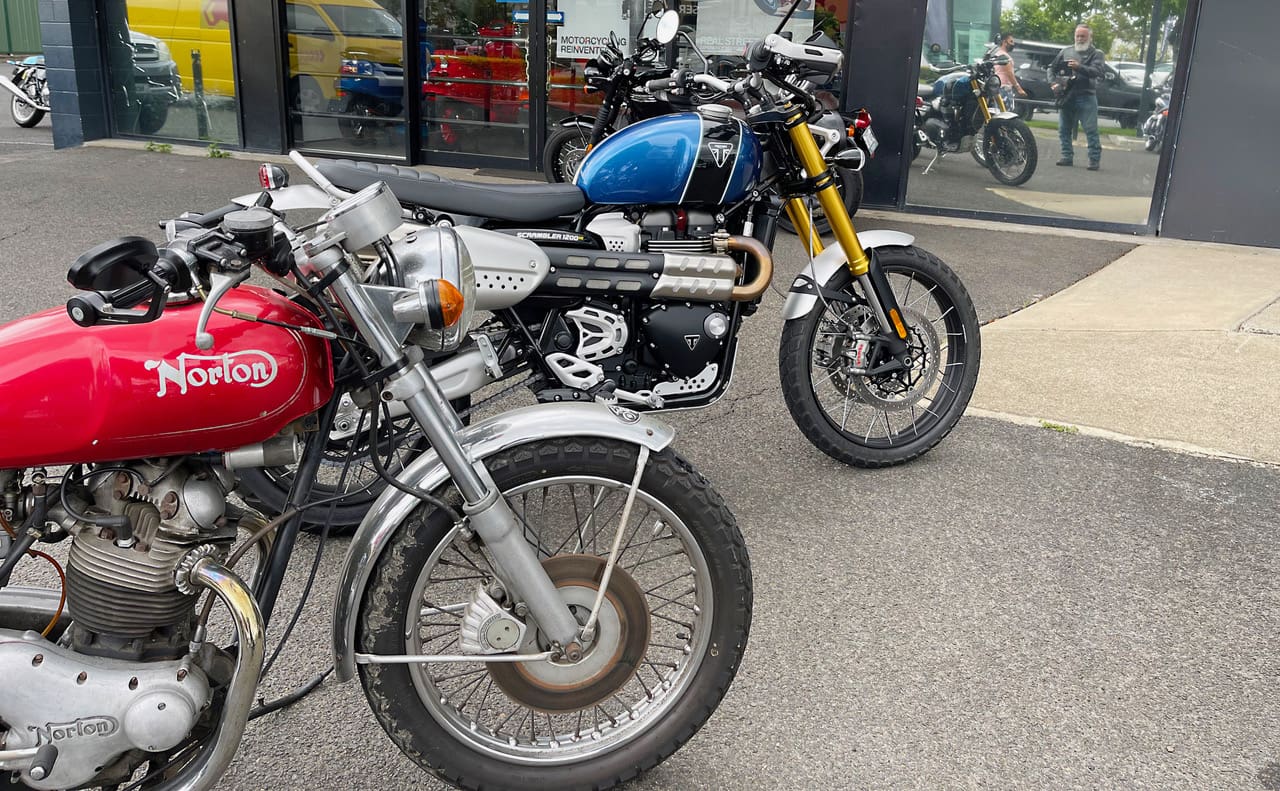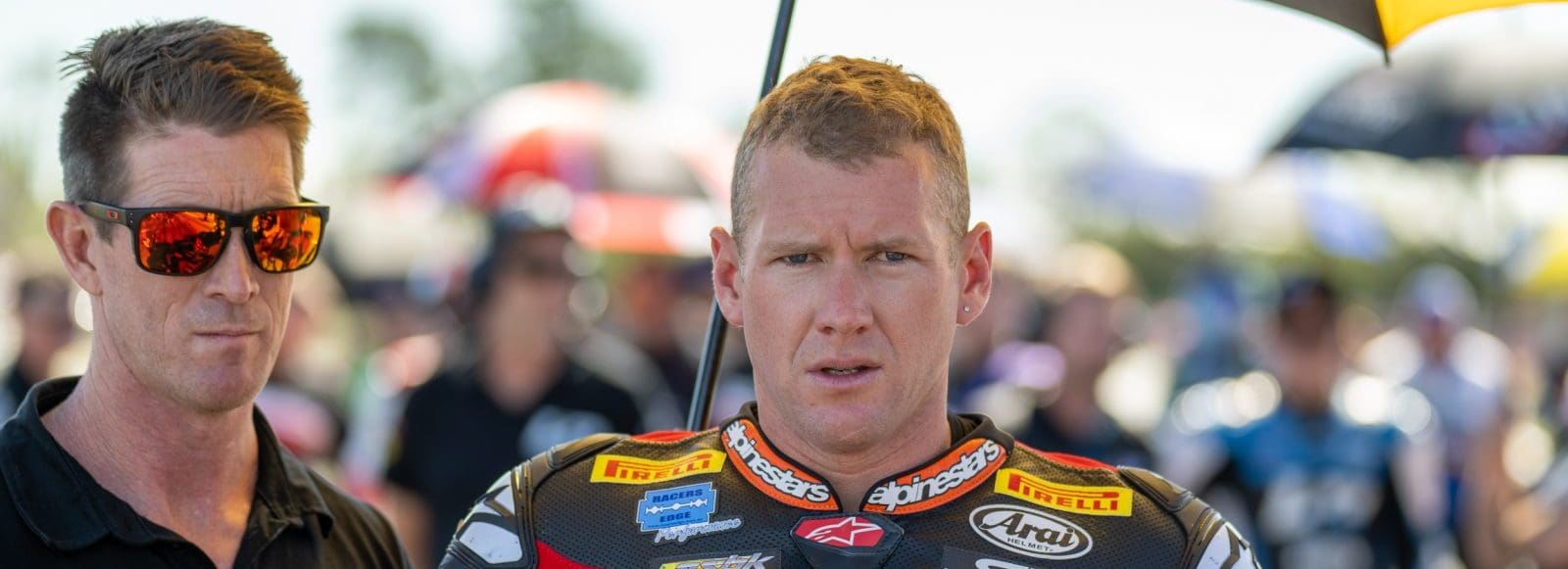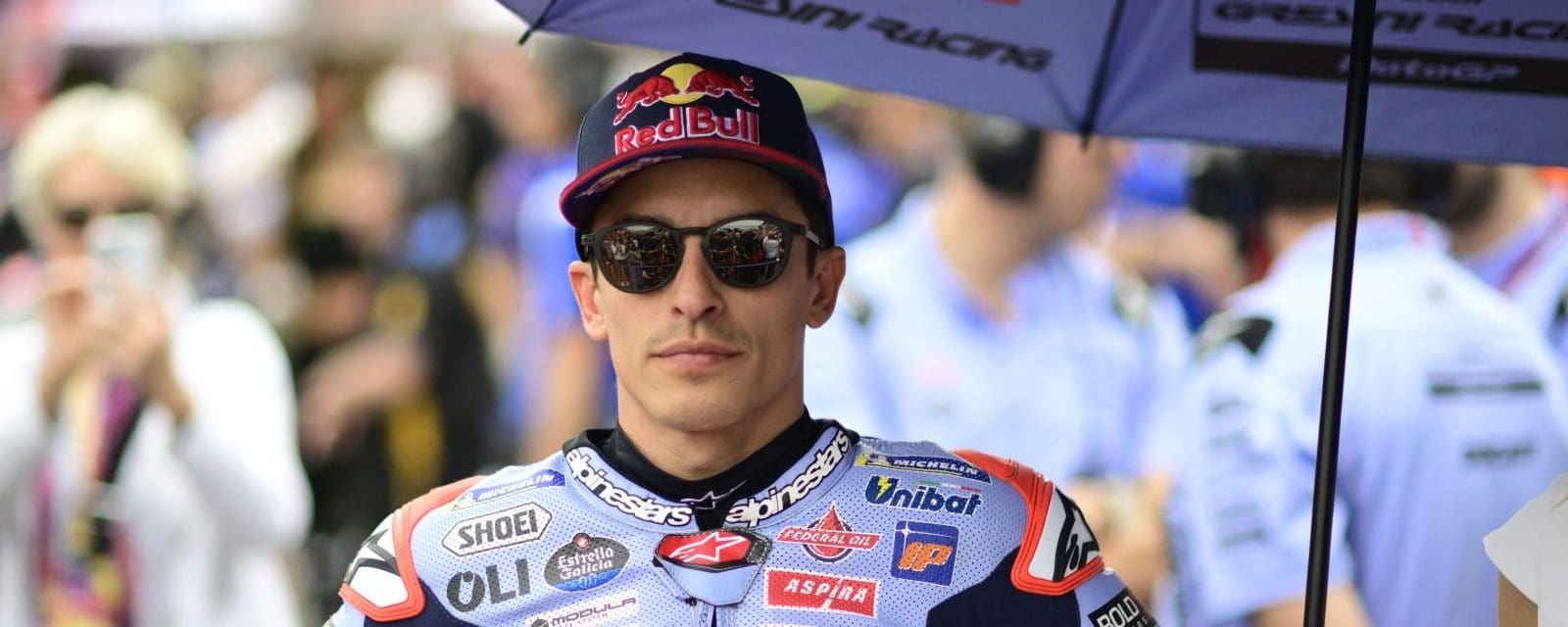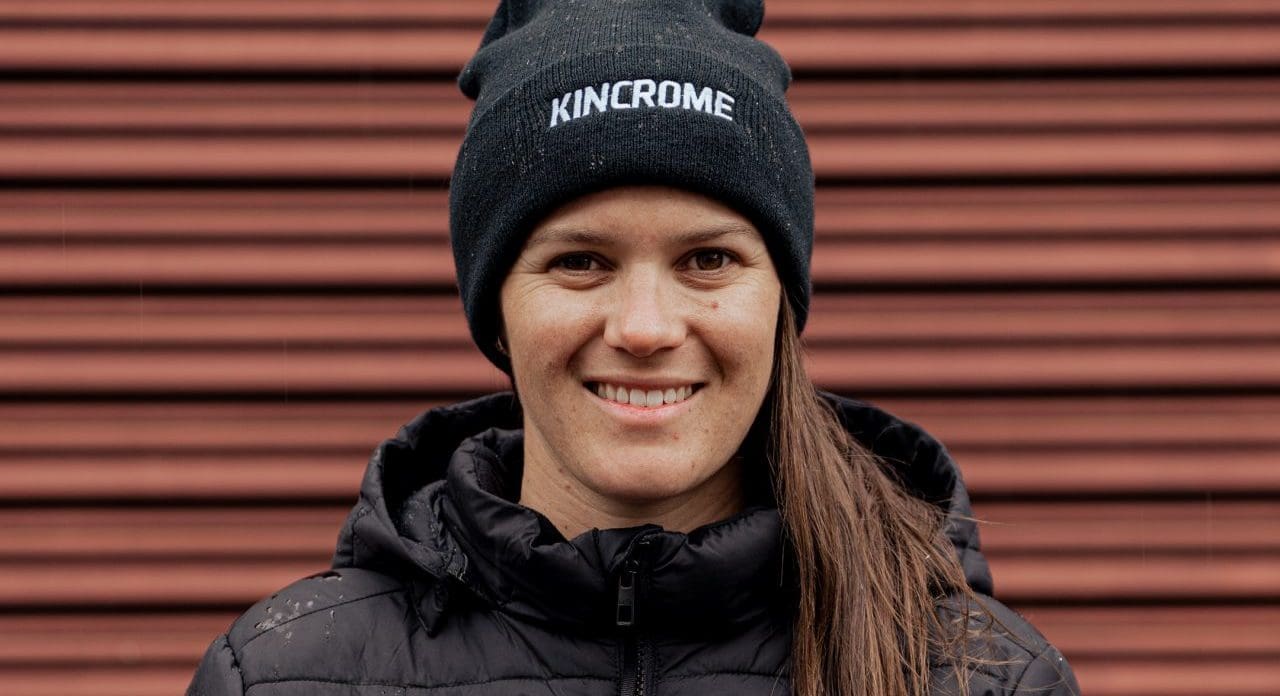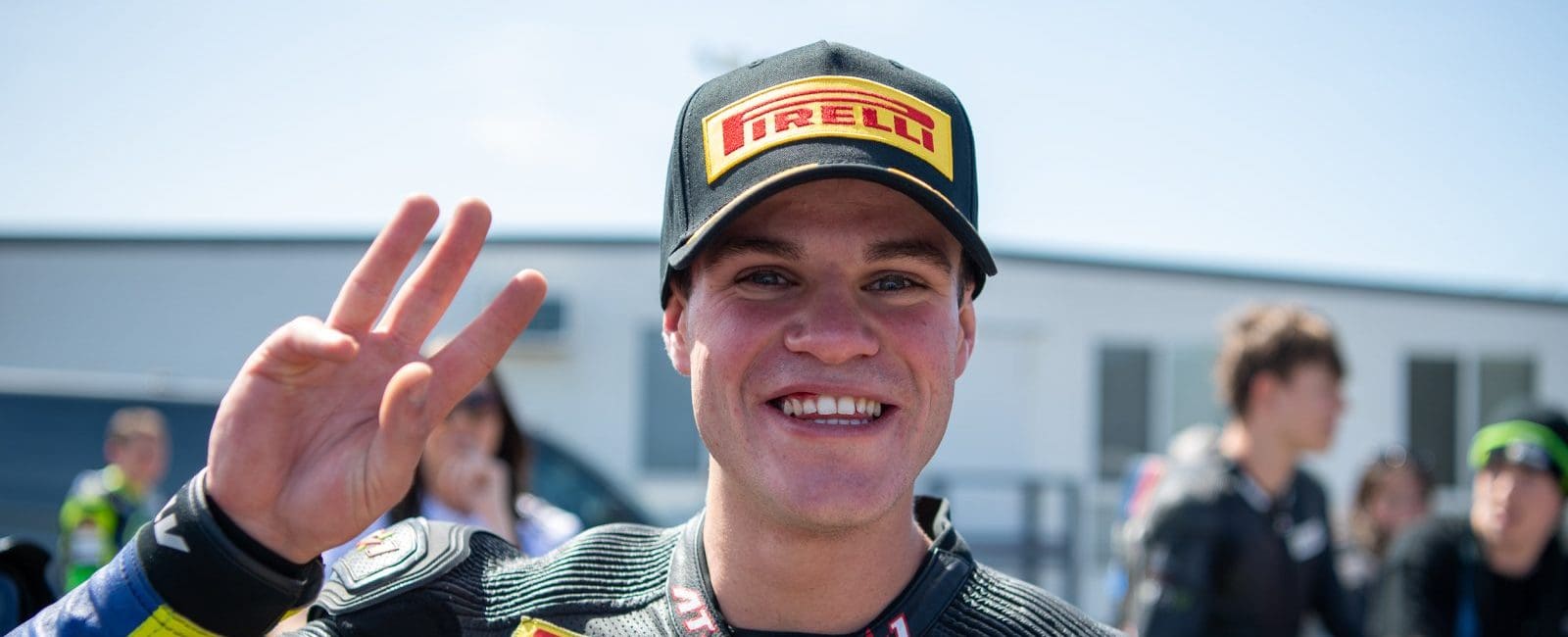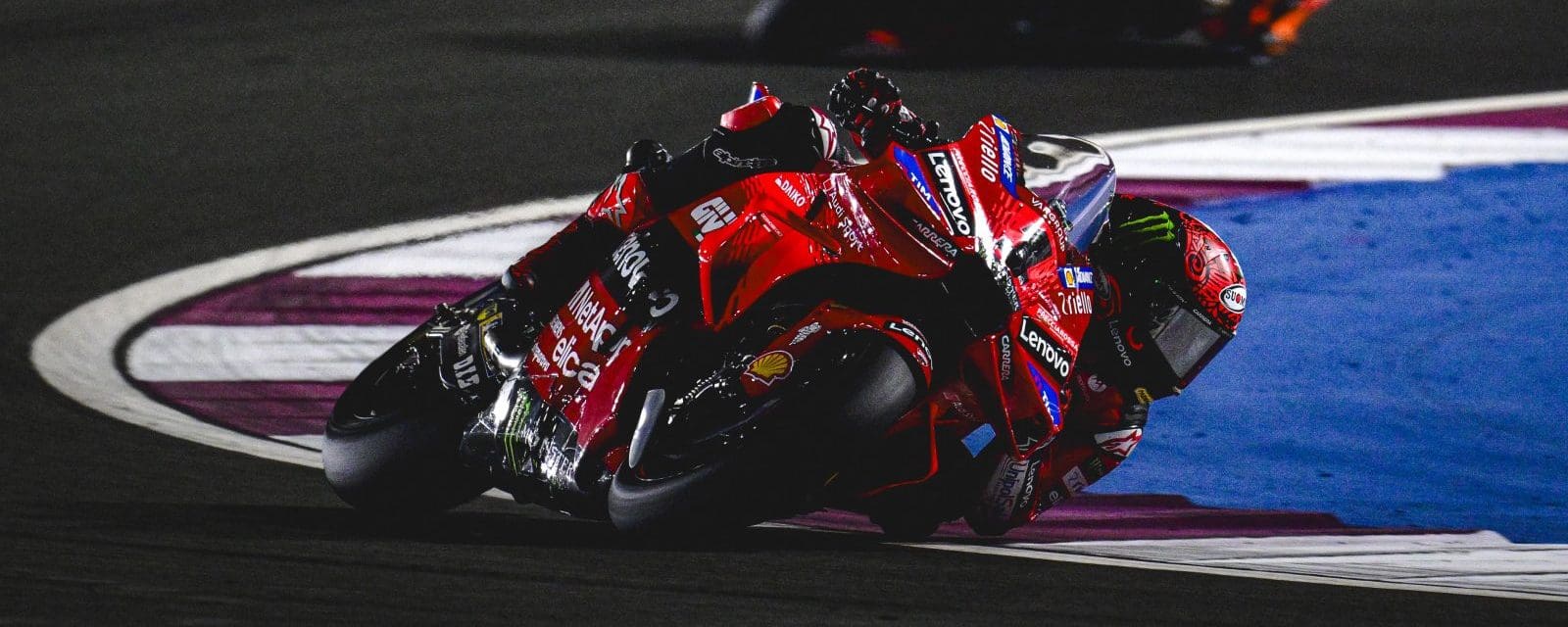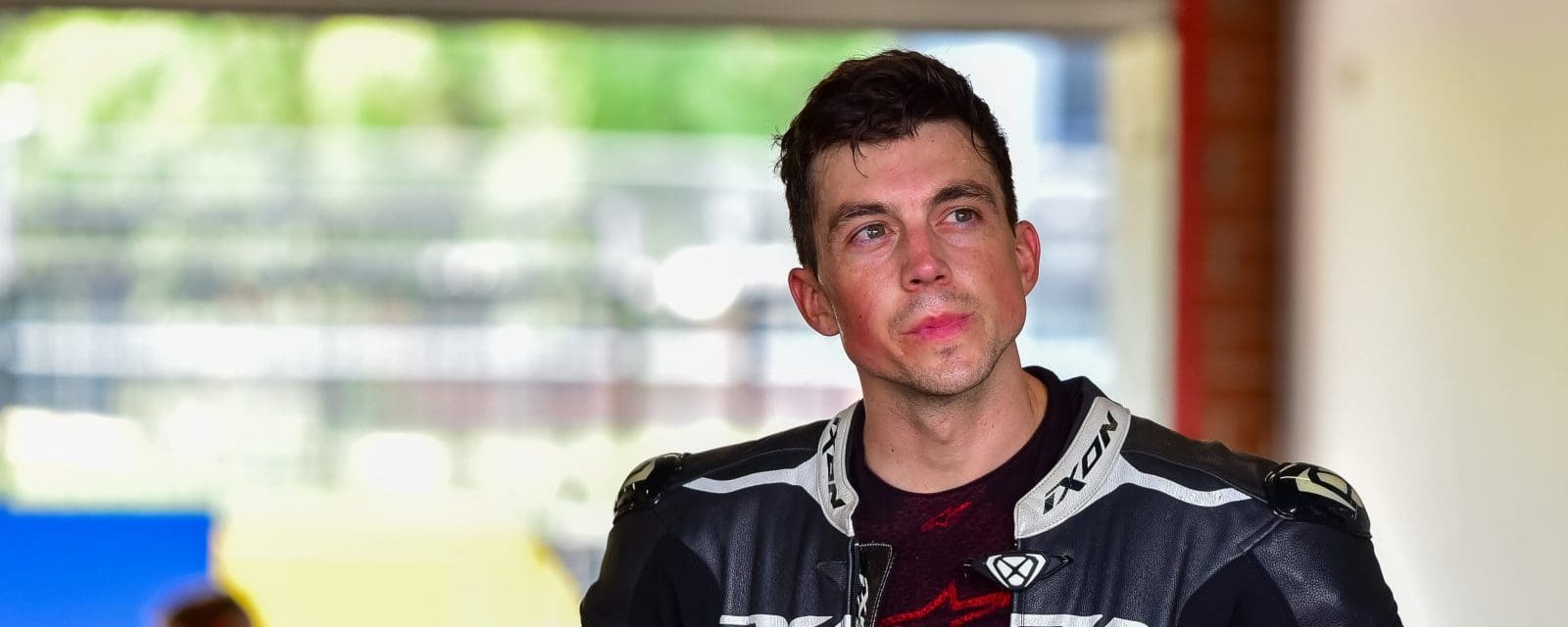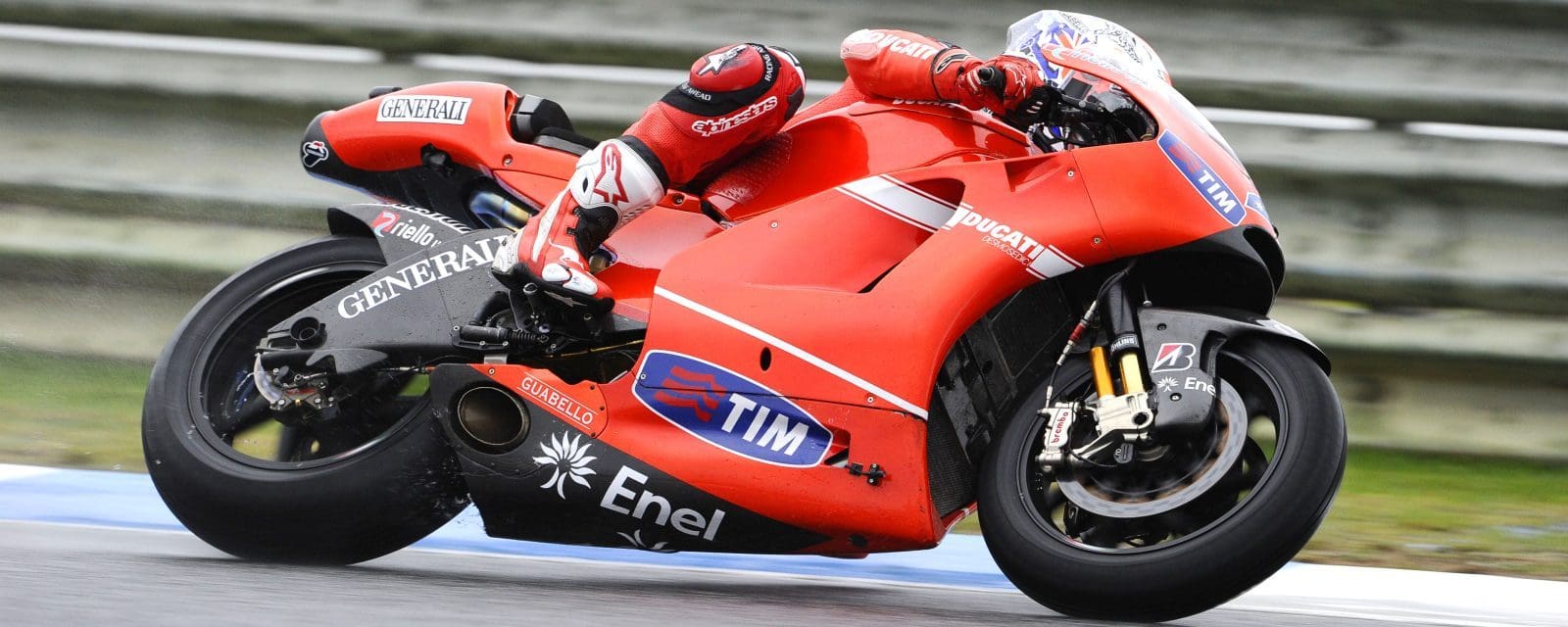Of course there is no simple answer. Or perhaps there is.
It’s whoever won the last race.
I’ve followed racing closely for several decades, and, somewhat against the flow of conventional wisdom, have always been convinced that the very best racers have a fierce element of intelligence underlying their success.
They might not necessarily be well-read, articulate or socially adept; they might be foolish with money, or profligate in other ways. But stupid? Never.
Actually, the same is true in all high levels of sport, but in bike racing especially so. And modern bike racing even more so. Control tyres and electronics have put a premium on thinking power.
Clearly, much of that has devolved onto the engineers, designers and electronics techies, who nowadays have to be much more… not exactly clever, but certainly more elaborately educated than the inspirational designers of the past, who might have sketched out a new frame design in chalk on the workshop floor (as the respected Dutch designer of the 1970s, Nico Bakker, once explained to me).
But there’s more, and this has thrown more of the mental burden onto the riders. They used to joke that the best approach was to leave your brain in the toolbox. Not nowadays it isn’t.
Last year, Michelin found they had a great deal to learn after seven years away. It might be a cheap shot to refer to it as ‘rubber roulette’, but it’s not far from the truth. More kindly, perhaps, it’s been a work in progress.
The tyres behave differently not just at every track but with every change of temperature. Practice and qualifying now need to be devoted much less to tuning suspension, working on alternative corner lines and even to an extent going for lap times. The most important quest is to achieve a precise understanding of the subtleties of the three tyre compounds available: a total of nine different combinations where, as a befuddled Maverick Viñales recently exclaimed, “the soft tyre works better in the heat than the hard!”
It should therefore be no surprise that the man posing the greatest challenge to the sublimely talented Marc Márquez should be the most thoughtful and (yes) overtly intelligent of riders, Andrea Dovizioso.
Dovi is, and has long been, both analytical and articulate. And adept at playing the percentages… if that’s what you call riding carefully, seldom falling because you seldom adventure beyond the limits, and as a consequence (at least until this year) seldom winning – only twice in nine seasons and 160 MotoGP starts from 2008-2016.
Compare the crash stats. During the whole of last year, Dovi fell six times, twice knocked down by someone else. Márquez had 17 crashes, Crutchlow 26. This year, much the same. Márquez’s total is 23 and counting. Dovi’s just four.
These numbers are not to be related to a rider’s IQ, but to his approach. What Dovi calls “my mentality”.
By Michael Scott
